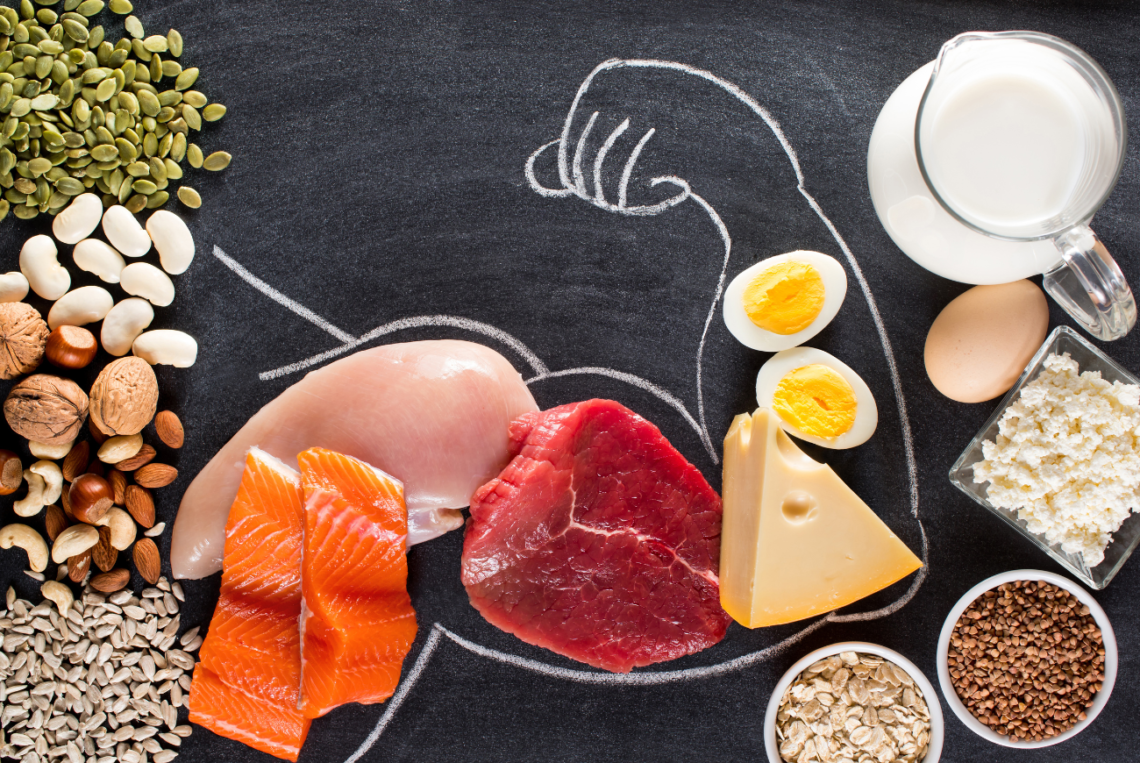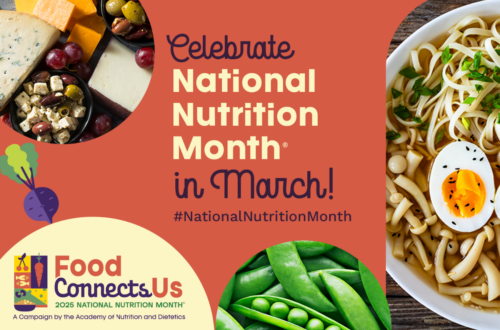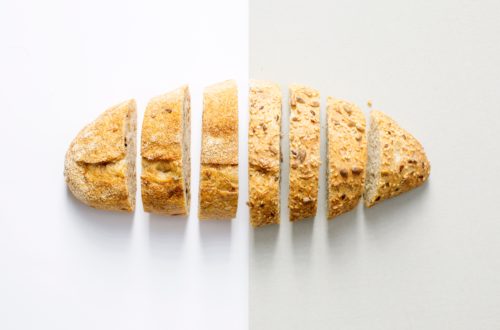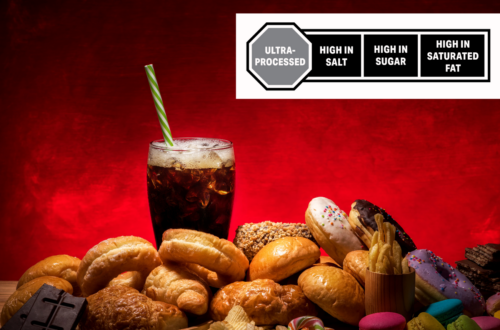
Protein and Weight Loss: What’s the Big Deal?
You may be wondering lately what the deal is with all these high protein diets for weight loss. Atkins, Carnivore, Paleo, the list goes on. Can all that protein really be the solution to weight management? The truth is—there is some compelling evidence to support increased protein intake for weight loss.
Why is Protein so Important for Weight loss?
High-protein diets for weight loss have gained popularity for several reasons, supported by various scientific studies. Here are a few reasons why these diets are considered effective:
Preserving Lean Muscle Mass
Satiety and Appetite Control
High-protein diets tend to increase feelings of fullness, which can lead to reduced overall calorie intake. Protein has been shown to be more satiating than carbohydrate or fat, meaning that people who consume high-protein meals often feel fuller for longer periods, thus eating less throughout the day.
Thermic Effect of Food (TEF)
The thermic effect of food refers to the number of calories your body burns to digest, absorb, and metabolize nutrients. Protein has a higher thermic effect compared to fat and carbohydrate. This means that consuming protein can increase your metabolic rate slightly, contributing to greater calorie expenditure.
Support for Physical Activity
Higher-protein diets can support physical activity by providing the necessary nutrients for muscle repair and growth. This is especially important for those engaged in regular exercise, as adequate protein intake can enhance recovery and improve performance.
Improved Metabolic Health
High-protein diets can improve various metabolic markers, such as blood sugar levels, insulin sensitivity, and lipid profiles. These improvements contribute to a lower risk of metabolic syndrome, type 2 diabetes, and cardiovascular diseases.
What are the Preferred Sources of Protein?
While you’ll get the most “bang for your buck” with lean animal sources of protein, you can definitely meet increased protein needs with vegetarian or vegan sources.
Chicken, turkey, lean cuts of beef or lamb, fish, and seafood all have about 7 grams of protein per ounce. Eggs, cheese, milk, and thick-style yogurt range from 3 to 7 grams per ounce. Plant-based sources like beans, tofu/soy, nuts, seeds, and certain whole grains range from 2 to 6 grams per ounce.
How Much Protein do I need?
On average, most healthy adults need 0.8 to 1.0 grams of protein per kilogram of body weight per day. For a healthy adult weighing around 160 lbs (or 72 kg), that’s about 60 to 75 grams of protein per day. These needs increase during weight loss. Research suggests that those interested in weight loss should consume closer to 1.2 to 1.6 grams per kilogram per day to support the metabolic benefits listed above.
Can I Eat Too Much Protein?
Yes, it’s possible. Excessive protein consumption can occur with heavy supplement use, like protein powders, so it’s always best to get the majority of your protein from whole food animal and plant sources. How much is too much really depends on the individuals, but most research suggests staying under 2.0 gram/kg/day.
Too much protein can be hard on your kidneys. The kidneys have to work harder to excrete the byproducts of protein metabolism, which can exacerbate kidney damage over time.
High protein intake increases the body’s need for water to process and eliminate nitrogen, a byproduct of protein metabolism. This can lead to dehydration if adequate water intake is not maintained.
Eating too much protein can lead to digestive problems such as constipation or diarrhea, especially if protein intake is not balanced with sufficient fiber from fruits, vegetables, and whole grains.
- Moon J, Koh G. Clinical evidence and mechanisms of high-protein diet-induced weight loss. J Obes Metab Syndr. 2020;29(3):166-173. doi:10.7570/jomes20028


You May Also Like

Food Connects Us: A National Nutrition Month Celebration
March 4, 2025
Nutrition Strategies for Managing Postprandial Glucose
July 6, 2022
